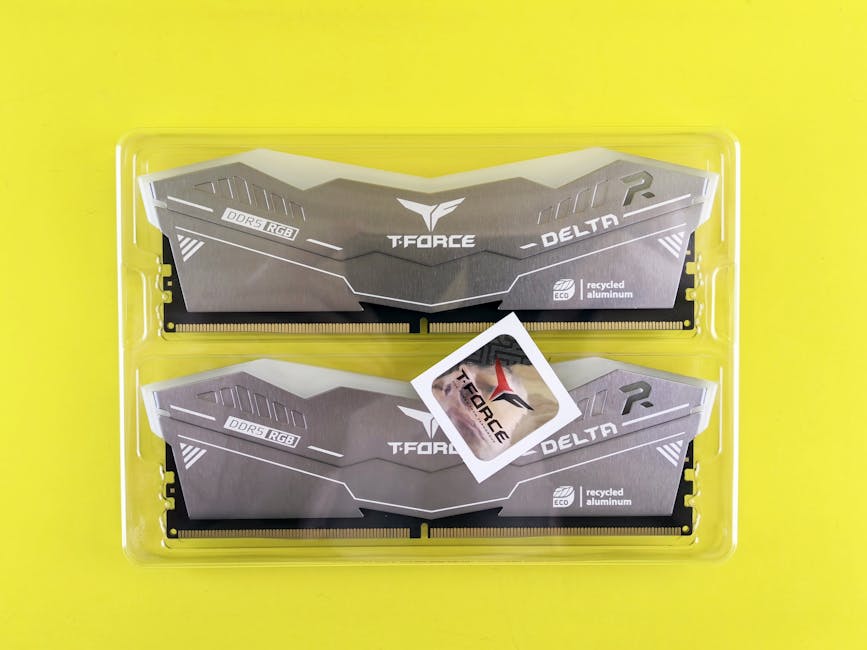Upgrade Your Site’s Speed and Performance
Did you know that 53% of mobile users leave a site that takes longer than three seconds to load? that’s a shocking number! In todays fast-paced world, speed matters. If your website is slow, you risk losing visitors. They might turn to a competitor instead. So, how can you upgrade your sites speed and performance? Lets explore!
Why is Website Speed Important?

Speed is not just a luxury; it’s a necessity. A fast website improves user experience. It can also boost your search engine rankings. Google has made it clear: faster sites generally rank better. So, when you speed things up, you’re helping both your visitors and your business.
Think of your website as a store. If it’s welcoming and quick, customers will stick around. But if they have to wait, they might leave empty-handed. Plus, slow sites can lead to higher bounce rates. A bounce rate is when a visitor leaves your site after viewing just one page. This is not good for your sites health!
How Do You Measure Your Website Speed?

Before you can improve speed, you need to know how to measure it. Various tools can help you. Here are some popular ones:
These tools provide insights into your loading times and suggest ways to improve. Just like a fitness tracker helps you monitor your health, these tools help you track your sites performance.
What Affects Website Speed?

Several factors can slow down your website. Identifying these is key to making improvements. Here are some common culprits:
- Large Images: High-resolution images can take a long time to load. Compress them for better speed.
- Too Many Plugins: While plugins add functionality, too many can bog down your site. Only use what you really need.
- Unoptimized Code: Bloated code can lead to slow loading times. Clean and optimize your HTML, CSS, and JavaScript.
- Server Response Time: Your hosting servers speed matters. Good hosting can make a big difference.
By understanding these factors, you can better target your efforts. Think of it like tuning a caryou want all parts to work together smoothly.
How Can You Improve Your Website Speed?

Now that you know what slows you down, lets look at how to speed things up. Here are some effective strategies:
1. Optimize Images
Images are often the largest files on a site. Optimizing them is crucial. Try these tips:
- Use formats like JPEG for photos and PNG for graphics.
- Compress images to reduce their file size.
- Consider using responsive images that adjust to screen sizes.
By reducing image size, you can shave seconds off loading times. Imagine trying to fit a huge suitcase into a small car. it’s just not going to work well!
2. Minimize HTTP Requests
Every element on your page (like images, scripts, and stylesheets) requires an HTTP request. Minimizing these requests helps speed up loading times. Heres how:
- Combine CSS and JavaScript files.
- Use CSS sprites to combine multiple images into one.
- Limit the use of external scripts.
Fewer requests mean faster loading. it’s like going to the grocery store with a full shopping list. The more items you have, the longer it takes to check out!
3. Leverage Browser Caching
Browser caching allows users to store some site data on their devices. This means they don’t have to download everything again when they revisit. To enable caching:
- Set expiration dates for certain types of files.
- Use tools like W3 Total Cache for WordPress sites.
- Keep your cache settings updated.
Think of this as storing your favorite items in the freezer. When you want them again, you don’t have to go out to buy themtheyre right there!
4. Use a Content Delivery Network (CDN)
A CDN stores your sites files on multiple servers around the world. When users access your site, they connect to the nearest server. This reduces loading times significantly. Major CDNs include:
- Cloudflare
- Akamai
- Amazon CloudFront
Using a CDN is like having a chain of stores. No matter where you are, theres a store nearby!
What Are Some Common Misconceptions About Speed?
There are a lot of myths about website speed. Lets clear up some common misconceptions:
- Myth 1: Only large websites need to worry about speed. Fact: Small sites can also benefit from faster load times!
- Myth 2: Speed isn’t crucial for SEO. Fact: Google considers speed in it’s rankings.
- Myth 3: You need to be a tech expert to improve speed. Fact: Many tools and plugins can help.
By understanding these myths, you can focus on what really mattersmaking your site faster!
How Do You Maintain Website Speed?
Once youve improved your sites speed, you need to keep it that way. Here are tips for maintenance:
- Regularly check your sites speed using the tools mentioned earlier.
- Update plugins and themes to their latest versions.
- Remove any plugins or features you no longer use.
Think of your site like a garden. Regular care keeps it healthy and vibrant. Neglecting it can lead to weedsand in this case, slow speeds!
What Are the Benefits of a Fast Website?
Upgrading your sites speed comes with many benefits:
- Better User Experience: Visitors stay longer and enjoy browsing.
- Higher Conversion Rates: Faster sites often lead to more sales.
- Improved SEO: Search engines reward faster sites.
Ultimately, a fast website leads to happier visitors. Happy visitors are more likely to return!
What Actionable Steps Can You Take Today?
Ready to make improvements? Heres a quick checklist to get you started:
- Run a speed test on your site.
- Optimize images and reduce file sizes.
- Minimize HTTP requests and combine files.
- Enable browser caching for returning visitors.
- Consider using a CDN for faster access.
These steps can lead to noticeable improvements. You don’t have to tackle everything at once. Start with one or two changes, and build from there!
Final Thoughts
Website speed matters more than ever. It affects user experience, SEO, and even sales. By following the tips in this article, you can make your site faster and keep visitors happy. Remember, every second counts in the online world!
If you want to dive deeper into related topics, check out our post on Improving Your Website Design. For more on the importance of speed, take a look at Googles findings on website speed.
Now, take action. Upgrade your sites speed and watch your success grow!

